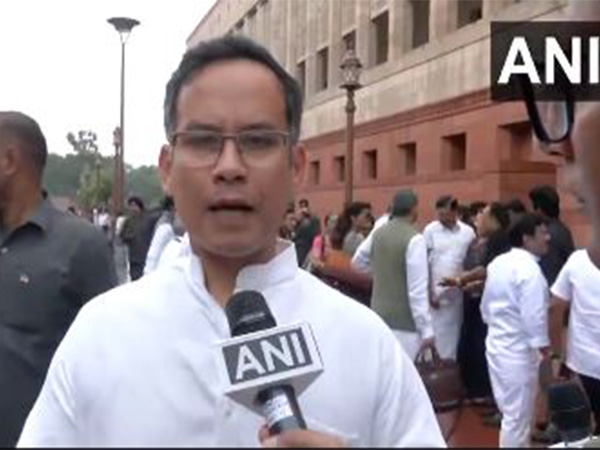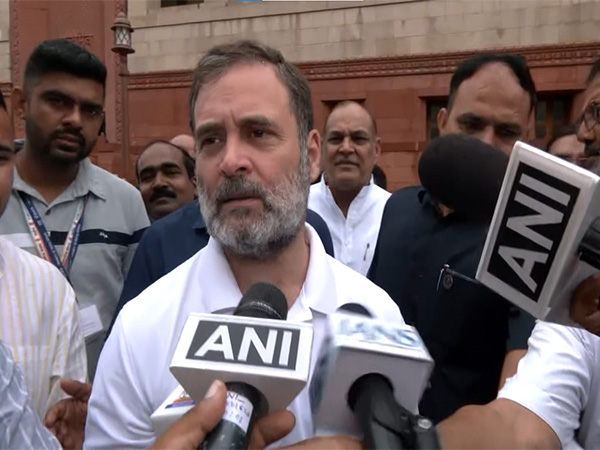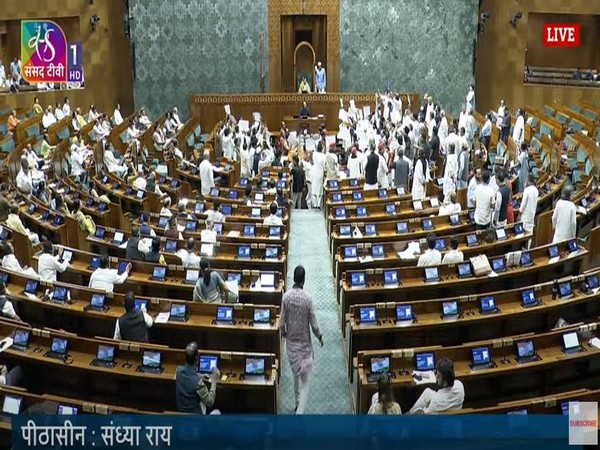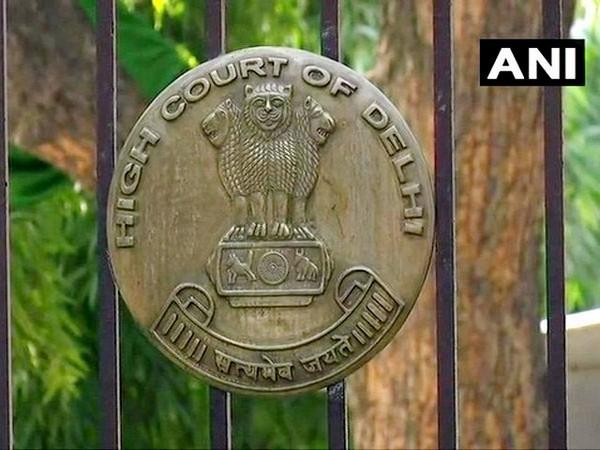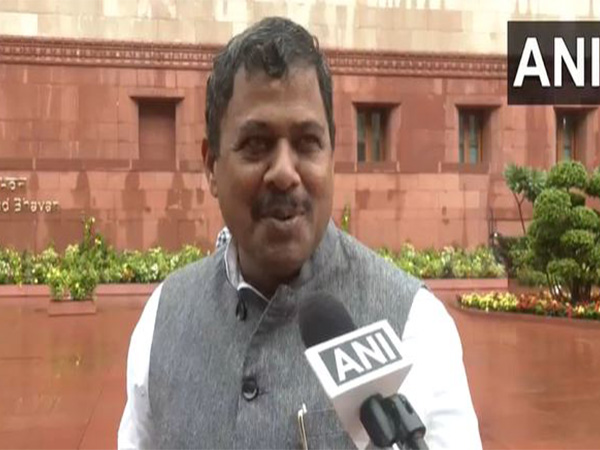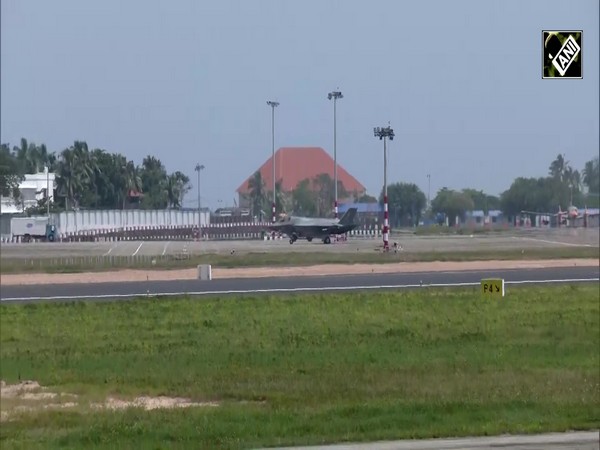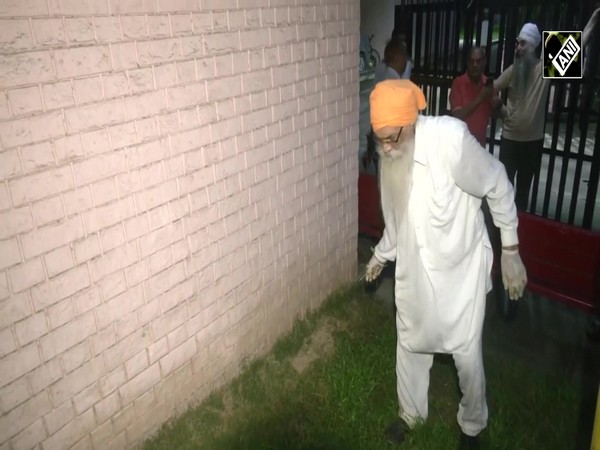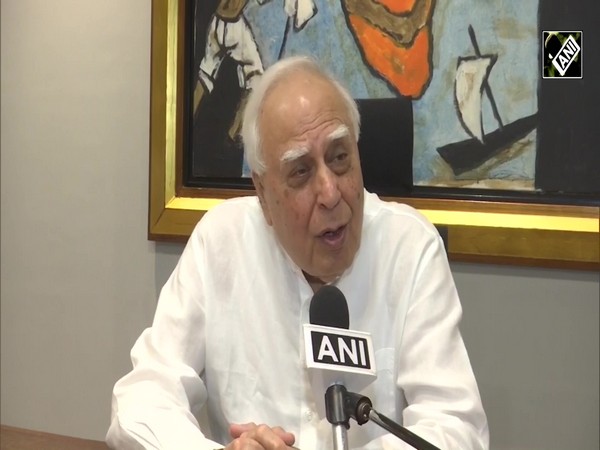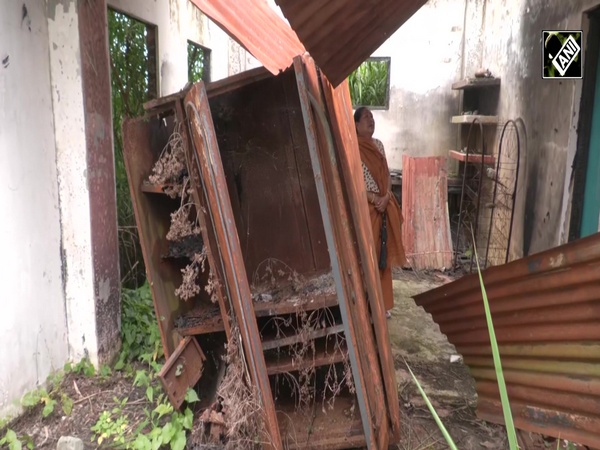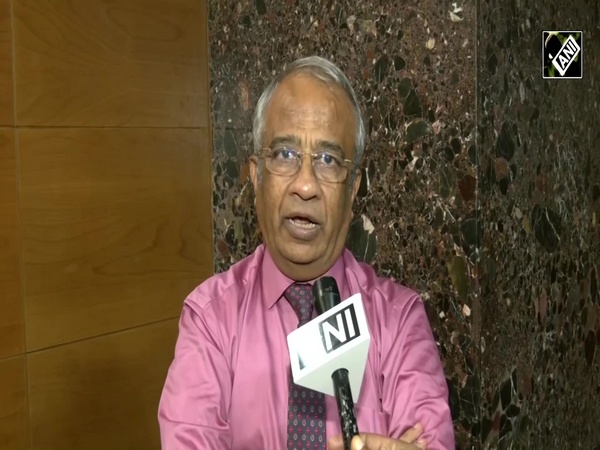Haryana Chief Secretary highlights crucial role of CVOs in anti-corruption efforts
Sep 20, 2024

Chandigarh (Haryana) [India], September 20 : Haryana Chief Secretary, Dr TVSN Prasad, on Friday emphasised the crucial role of Chief Vigilance Officers (CVOs) in combating corruption across government departments and instructed the CVOs to prepare a comprehensive plan outlining five key issues within their departments that need to be addressed to ensure transparency.
This plan should be submitted to the state government within two weeks, he instructed.
Dr Prasad was presiding over the meeting of all Chief Vigilance Officers of the Departments here on Friday.
The CVOs regularly submit their reports and recommendations to the Chief Secretary and the Special Secretary of the Vigilance Department, ensuring that senior officials are kept informed about vigilance matters. This allows for timely interventions and corrective actions, further reinforcing the state's commitment to clean governance.
While underlining the significance of creating an environment where Chief Vigilance Officers (CVOs) can operate more freely and efficiently, the Chief Secretary assured that staff needs would be met as necessary.
He also highlighted that the commendable efforts of CVOs in monitoring corruption and ensuring transparency would be reflected in their Annual Confidential Reports (ACRs). For this, a new column would be added in the ACR Performa. This initiative aims to foster greater dedication and commitment in their roles.
The Chief Secretary emphasised the role of CVOs in ensuring that departments uphold the highest standards of integrity, transparency, and accountability.
He said that their vigilant efforts protect public trust and strengthen the governance framework. The ultimate goal of CVOs is to promote a culture of integrity, transparency, and accountability within government operations.
Also, they are responsible for eliminating or minimising corruption by identifying loopholes in organisational practices and suggesting improvements to reduce corruption risks, he added.
Dr. TVSN Prasad reiterated that CVOs are pivotal to the government's anti-corruption strategy, stating, "Their dedication and expertise are essential in maintaining the integrity of our institutions. By addressing corruption at its roots, CVOs help build a more transparent and accountable administration, aligned with the expectations of the public."
The Special Secretary, Vigilance Department, Dr Priyanka Soni gave a detailed presentation on the quarterly progress report of various departments from respective CVOs.
She informed that the CVOs are entrusted with both preventive and punitive vigilance duties, functioning as special assistants to the Administrative Secretaries or Heads of Departments on vigilance-related matters. Their primary objective is to ensure that no corrupt practices hinder the functioning of government departments.
She informed that in their preventive vigilance capacity, CVOs actively identify potential corruption risks within the organisation. They gather intelligence on corruption activities, educate stakeholders, and work closely with departmental officers to address vulnerable areas.
She said that the CVOs are also responsible for punitive vigilance, where they conduct thorough investigations into corruption complaints. Once these investigations are complete, they report their findings to the disciplinary authorities to ensure that appropriate actions are taken against those involved in corrupt practices, she added.
The Principal Secretary of the Human Resources Department, Vijayendra Kumar, highlighted the importance of further strengthening and empowering Chief Vigilance Officers (CVOs) to enhance their ability to perform their duties with greater diligence and efficiency.
He also underscored the necessity of identifying areas prone to corruption and maintaining a vigilant watch over individuals frequenting government offices.
ADGP Mamta Singh, urged CVOs to thoroughly study the procurement manual and conduct rules to enhance their efficiency. She also emphasised the importance of maximising the use of IT to ensure transparency in work.
